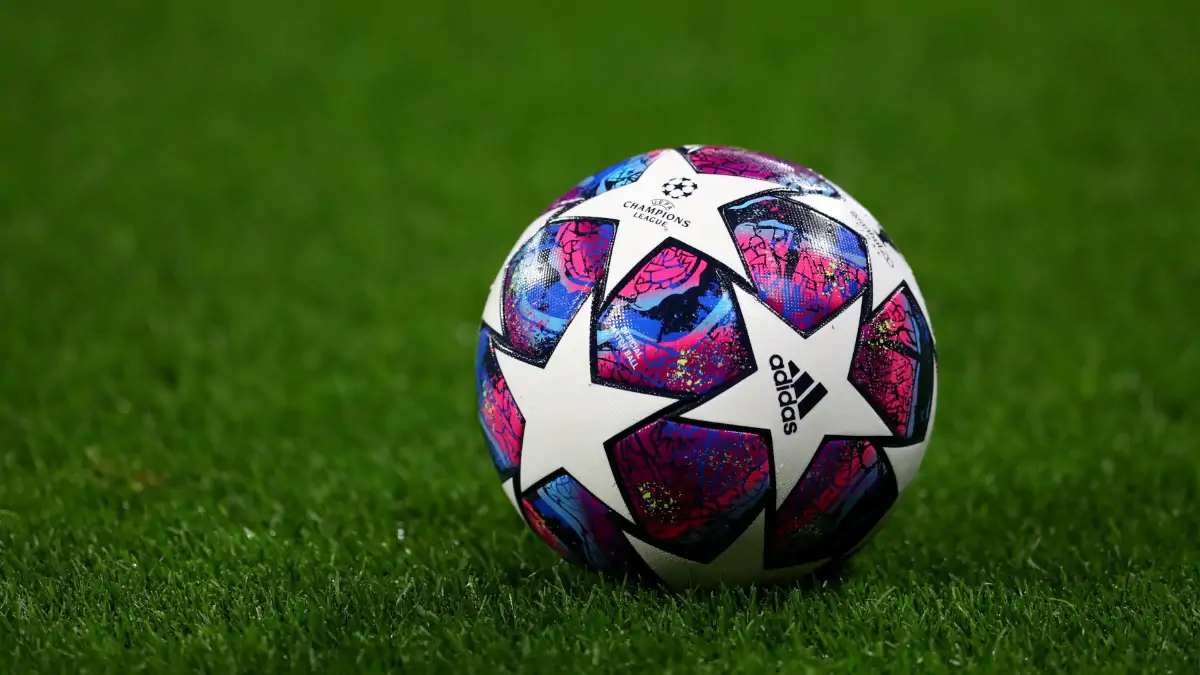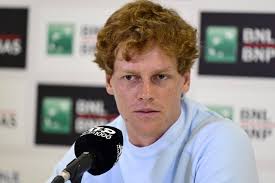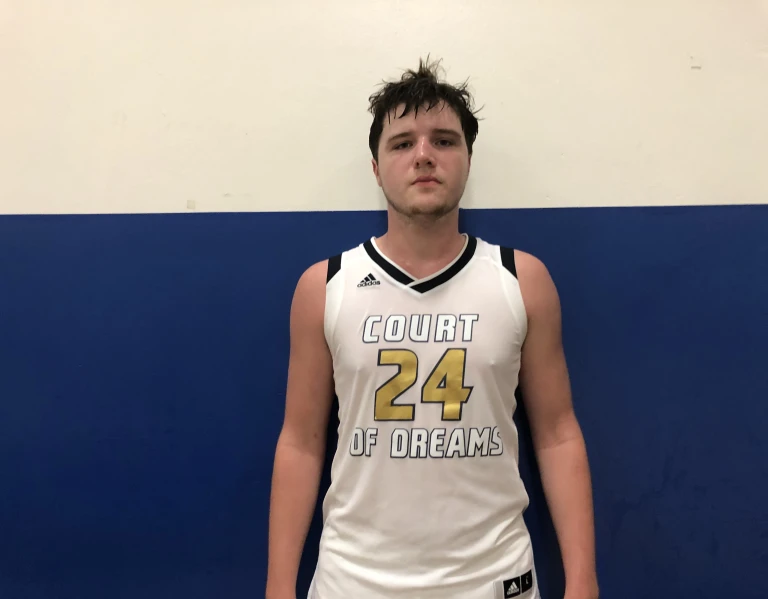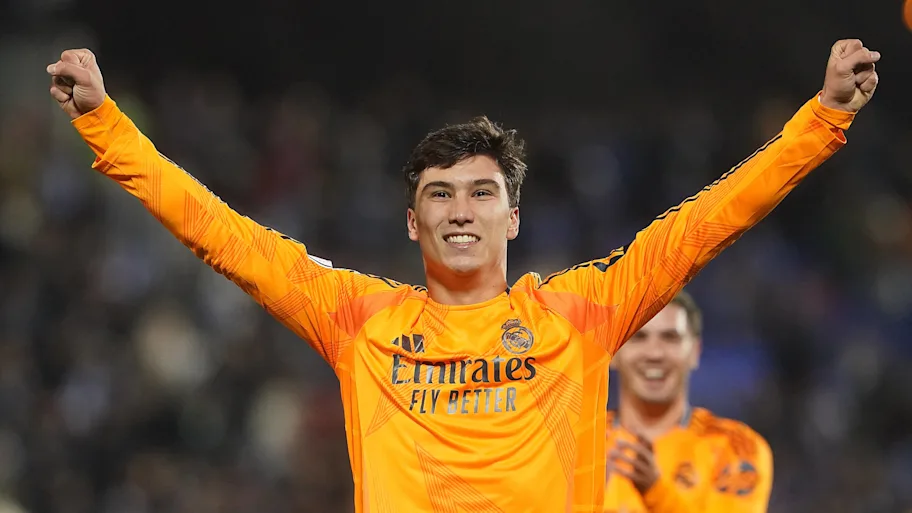The demands of sports in today’s day and age requires athletes to remain at the peak of their physical and mental prowess. With sports science, data driven analysis and high performance training, athletes are constantly breaking records and pushing the boundaries of what the human body can achieve even further.
To delve deeper into this topic, Mr. Chelston Pinto, strength and conditioning coach at FC Bengaluru United speaks about his journey so far, the growth of fitness in India, the importance of mental training, overcoming challenges, working with different sporting organizations, maintaining fitness during the lockdown and his future goals in this exclusive interview with SPOGO.
Q 1) What motivated you to get involved in strength and conditioning? How much potential do you see in India for the growth of fitness?
I’ve played sports from a very young age and when I made the transition, it was clear to me that I wanted to be connected with sports throughout my life. During my teenage years, when I was playing, I faced a lot of challenges with regards to training and injuries so when I finished my graduation, I joined a training center and felt it was the right way forward. I wanted to take up strength and conditioning, become a coach to help future generations of athletes to perform at their maximum capacity. Over the last few years, fitness has really caught up not just amongst athletes but the general population as well. There are a number of football pitches that have come up on rent as well as badminton courts and it attracts the corporate crowd to step out and play. There are a number of running groups across the country and that has motivated the general population to run on the weekends and practice by themselves during the week. The main reason I see so many people taking up fitness in India especially is because of online fitness influencers and the number of gyms that are opening. They have spread the word about how fitness can be really beneficial to someone. This is just the start and over the next few years I can really see fitness booming, especially with more qualified coaches coming in and a lot more education about the right fitness movements, nutrition and performance guides.
Q 2) How do you balance fitness with all the other activities in life? What is your day to day routine?
I don’t have a fixed structure to my day because I have to depend on the athletes and teams that I work with. For me, playing football and my strength routine is something I do regularly and as a strength and conditioning coach it’s very important for me to stay fit throughout the year and work on myself continuously so that I can deliver the best to my athletes.
Q 3) At the highest level, when the margins are so less between the strength and conditioning of elite athletes, how important of a role does mental health play?
Mental training is as important as physical or skills training. I feel that if an athlete cannot handle pressure, more often than not he or she will come out with an unfavourable result. It’s very important for athletes and coaches to design programmes where training is done under stress, fatigue and pressure situations so that they meet those demands that are expected of them in a game-like situation. Those situations need to be created while the athlete is training and I believe it’s very important for an athlete to go through this a number of times before doing it in a match. During a competition, there is a lot more pressure at the highest level with regards to the crowds coming in, there’s a lot more at stake but with experience athletes can handle it better. We as the general population must understand that athletes are just human beings and are bound to make errors at some point of time. They should not be judged as extraordinary individuals who need to deliver all the time. It’s the responsibility of the media and fans to be a little more realistic with regards to results they expect from athletes just so that we maintain a good ecosystem around the sport.

Image credit: FC Bengaluru United
Q 4) What are the various challenges that you have had to overcome in your journey so far?
The first one would be education, with regards to strength and conditioning, we don’t have a top quality degree or a masters in India. For coaches to specialize in this field, they have to go abroad which is not financially viable because in the end most of us or me in particular want to help the athletes of our country. Secondly, entering the sports industry as a beginner was difficult because 10 years ago people were not accepting the fact that a newcomer wants to come in the industry. I’ve had to face a lot of no’s at the beginning but it taught me to be self dependent, make my way up the ladder by myself and I could handle that because of the lessons sports has taught me, that when you’re down you need to pick yourself back up. It took me a few years but I’m glad I went through it because today I can see the younger generation going through the same and it’s only right for me to guide them and also to show them the hard way. I know for sure that if you’re self dependent, you learn by yourself and figure out a way to reach the top, that’s the best life lesson you can have. Even though my goal was always to train athletes so that they can perform to their maximum ability, I had to start with the general population. I had to understand people, learn how to sell and these are skills that still help me and I’m glad I was exposed to a wide variety of people with different objectives such as fat loss, housewives who wanted some sort of physical activity during the day. Elderly people who wanted exercises so they don’t have back pain and that experience really helped me. When I came up the ladder, training athletes was a lot easier because I started training at the grassroots, kids from the age of 8 to 10, 10 to 12, 12 to 14. I’ve gone through the whole process and it really helps me take care of a wide variety of athletes from different sports.
Q 5) Which are the different sporting organizations that you have worked with? How does the training regime differ from one sport to another?
I started my career as a group trainer in a gym, training the general population. I did that for about two years and then got myself certified for personal training and group training. Later I started my own company called Rapid Sport Fitness where I initially began training the general public at rented 5 aside grounds and in government parks. I had a passion for sports and ensured that I transfer that passion to the people I train. For example, even though we were training for three days a week, most of the people had a goal of running 10kms or playing a game of football or badminton during the weekend and my aim was to ensure that they play the game pain free and to their maximum potential. The aim of my training was to ensure whatever work I do with them in terms of strength and conditioning transfers into their sport at the end of the week. It gave them a goal while they were training and that caught on, so from one centre I moved to seven different centres across Bangalore and six months later I had gathered myself enough to start a small gym and continued with my outdoor programs. I also started training athletes at grassroots levels at that point of time. I grew with the team, got a couple of partners who helped me grow my brand and one and half years later I moved into a much bigger space in the heart of the city in Bangalore where I got a 7500 sq ft gym. That was a performance centre where I trained athletes and the general public. I tied up with a lot of academies and teams and in a way I was living up to my dream. Along the way I trained at a lot of tennis academies, the most notable of them being the Rohan Bopanna Tennis Academy which I continue to train with my team. We have a structure at the sports school in Kanakapura where we run an entire performance program. Apart from that I also train FC Bengaluru United where I have a dual role of player cum coach. These are the two major organizations I am currently working with. Prior to this there were plenty of football academies, tennis academies, track and field athletes, some International hockey players and a few Ranji Trophy cricketers that I had trained.
Q 6) What would be your advice to people with regards to maintaining fitness at home during the lockdown?
We are all going through a difficult time and it's important for us to keep ourselves physically active because of the numerous benefits it could have in defeating the virus. First things first , move around as much as possible. Even for people who are working from home it is important that they make sure they are moving out of their seats every 20 to 30 minutes, walk a few steps, move around and stretch a bit. Apart from that, if people should workout at least four to five times a week for a minimum of 30 minutes depending on what they like-it could be yoga, strength or High Intensity Workouts (HIIT) to keep themselves fit and mentally in a good space. I also recommend everyone to start with at least 5 to 10 minutes of meditation anytime during the day. It will really help their breathing and their mental space. Also there are plenty of programs available these days with online fitness coaches, gyms doing online sessions, and a lot of professionals that are willing to offer help. Just with the help of a few bands, you can do a lot of work with regards to your body to keep yourself healthy. Ideally there should not be any excuses with regard to not having gyms open or being able to go outdoors. Staying fit can happen anywhere, you only need to be determined to do it.
Q 7) What is your vision and goals for the future? How do you plan to accomplish them?
My goal is to ensure that sports is accessible to all people in the country and just to spread the awareness of fitness and living a balanced lifestyle. My vision would be to scout, nurture, educate and train champion athletes and ensure that they perform at the highest level and bring laurels to the country.














